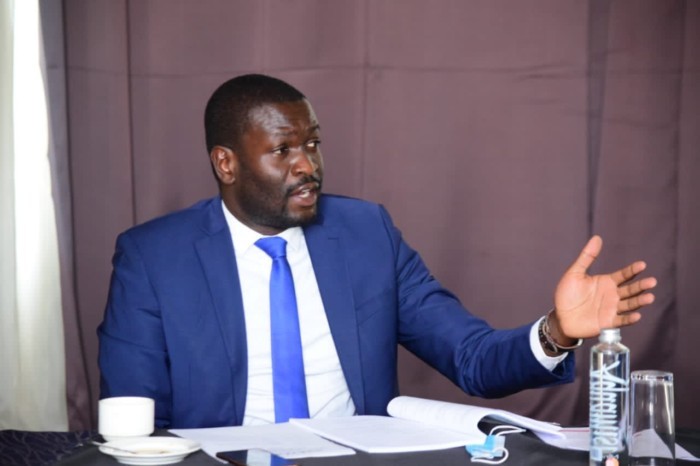Lamu, KENYA: Residents of Lamu East have opened up on how insecurity caused by Alshabaab militants in the region has caused a sharp spike in the cost of traveling from the region to other parts of the county.
Most affected residents are those in areas close to the Lamu-Somalia border including Kiunga,Ishakani,Mkokoni and Kiwayu.
Initially, the areas listed were accessible cheaply by road but with the increasing terror attacks by Alshabaab, residents believe the only safe mode of transport is now by water.
As such residents of Lamu East who want to move from the border areas to any part of Lamu have totally abandoned the roads and are now using boats to travel by water to their destinations.
However, the new shift isn’t without a hitch as residents decry the costly expense of traveling by boat most of which have to be hired since there are no passenger boats plying the newly established routes.
Hiring a normal speedboat from Kiunga to Lamu town is not less than Sh.20,000 which is too costly for many.
Residents are now calling on the national government to act responsibly and address the issue of insecurity permanently so that people can resume using roads which they say was way cheaper.
Speaking in Kiunga on Thursday, Muhashiam Famau who is a Nyumba Kumi elder in the area said the main road of Kiuna-Hindi has been rendered impassable due to the fear of being attacked by Alshabaab and as such the only option is for people to travel by water which is costly.
Alshabaab militants have been targeting both security and passenger vehicles plying the route and blowing them up using IEDs leaving scores dead including children.
Famau says as such passengers vehicles plying the route have completely stopped using the road for fear of being attacked.
“Normally traveling from Kiunga to Lamu in a bus is just Sh.500 but that goes up five or six times if you using a boat.If you are lucky to be a considerable group of travelers to fit the boat capacity, you could pay maybe sh.2000 or sh.2500 per person but if the boat capacity isn’t full, the boat owner can’t leave unless you pay not less than Sh.20,000 to have the boat on hire basis,” said Famau.
Residents are now complaining of the increased cost of living due to insecurity in their areas and want the security officers to do more to address the situation.
They want the government to boost security on the Kiunga-Hindi road to enable resume normal traveling on the road which they find affordable.
“Alshabaab have made life so hard for us.Travelling is the biggest nightmare.Our road is impassable due to the frequent IED attacks on vehicles.We cant use the Lamu-Kiunga road because its currently under security operation by KDF and so we have been told its out of bounds.” Said Famau.
He said the situation has made many people broke and poorer with the majority choosing not to move around altogether.
The same cost of hiring a boat from Mkokoni or Kiwayu to Lamu is also not less than Sh.20,000.
According to Zulekha Kupi, an administrator in Mkokoni, pregnant women and children are suffering the most due to the situation whenever medical emergencies arise.
Zulekha called on the county and national government to collaborate in establishing a referral hospital in Kiunga in order to save the many lives being lost just because people can’t afford the high cost of boat fares to take their patients to Lamu King Fahad County hospital which is kilometers away in Lamu town.
“Whenever pregnant women have complications, we have to rush them to Lamu county hospital. Hiring a boat costs not less than Sh.20,000.Many can’t afford.People have lost loved ones because they couldn’t afford or sometimes the patient just can’t stand the distance and dies midway.When we used to go by road, it was way faster and cheaper too,” said Zulekha.
Mohamed Salim, a religious leader in Kiwayu island says Alshabaab has caused the people of Lamu east immeasurable poverty and pain.
Salim said apart from the high cost of traveling, the economy has also suffered especially since fishermen were barred from conducting their work at night when the catch is considered to be high.
“At least 90% of natives here are fishermen.It’s our source of livelihood.Having done this for many years, I know that we make the most catch at night when the fish have reduced visibility.However, for over six years now, we have been told not to go fishing at night.That has really affected livelihoods here.All this is thanks to Alshabaab.The government must do more because it’s unfair to live like this, its like we are the mercy of the Alshabaab, Allah forbid,” said Salim.












